Illustration project developed for my online store of authorial products called "Fracastore," the most unsuccessful little store on the interwebs. The created arts have a cute style, but with a touch of dark humor and pessimistic themes, with the intention of cultivating the idea in the audience that laughing at oneself and difficulties can also be positive and fun.
ARTs

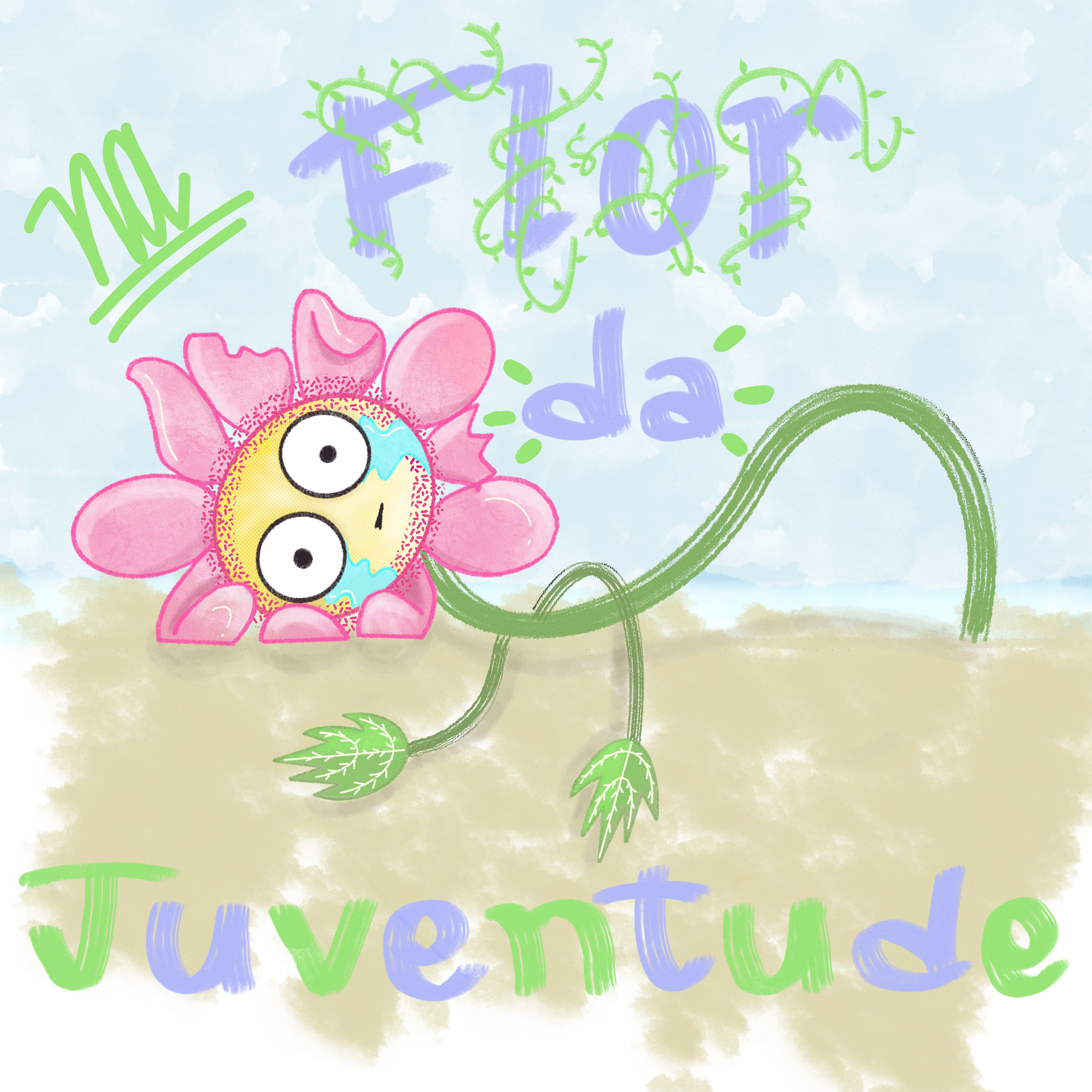
1. Shitty Ideas
2. In Brazil, the expression 'na flor da juventude' translates to 'in the flower of youth' in English. It refers to the prime or peak period of one's youth, a time characterized by vitality, energy, and the full bloom of physical and mental capabilities. This phrase is often used to describe individuals during the most vibrant and dynamic phase of their lives, typically highlighting the enthusiasm, optimism, and potential associated with youth.
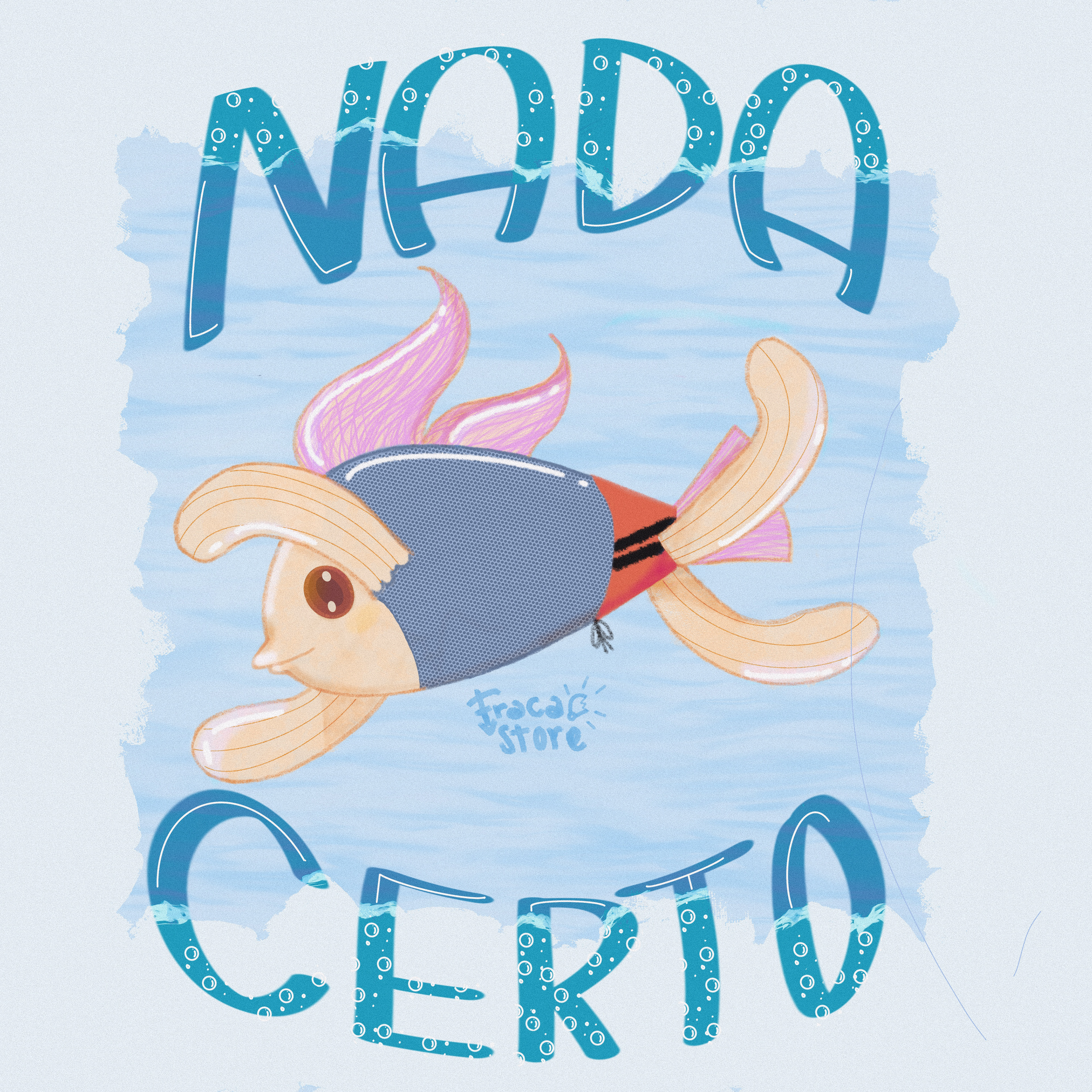
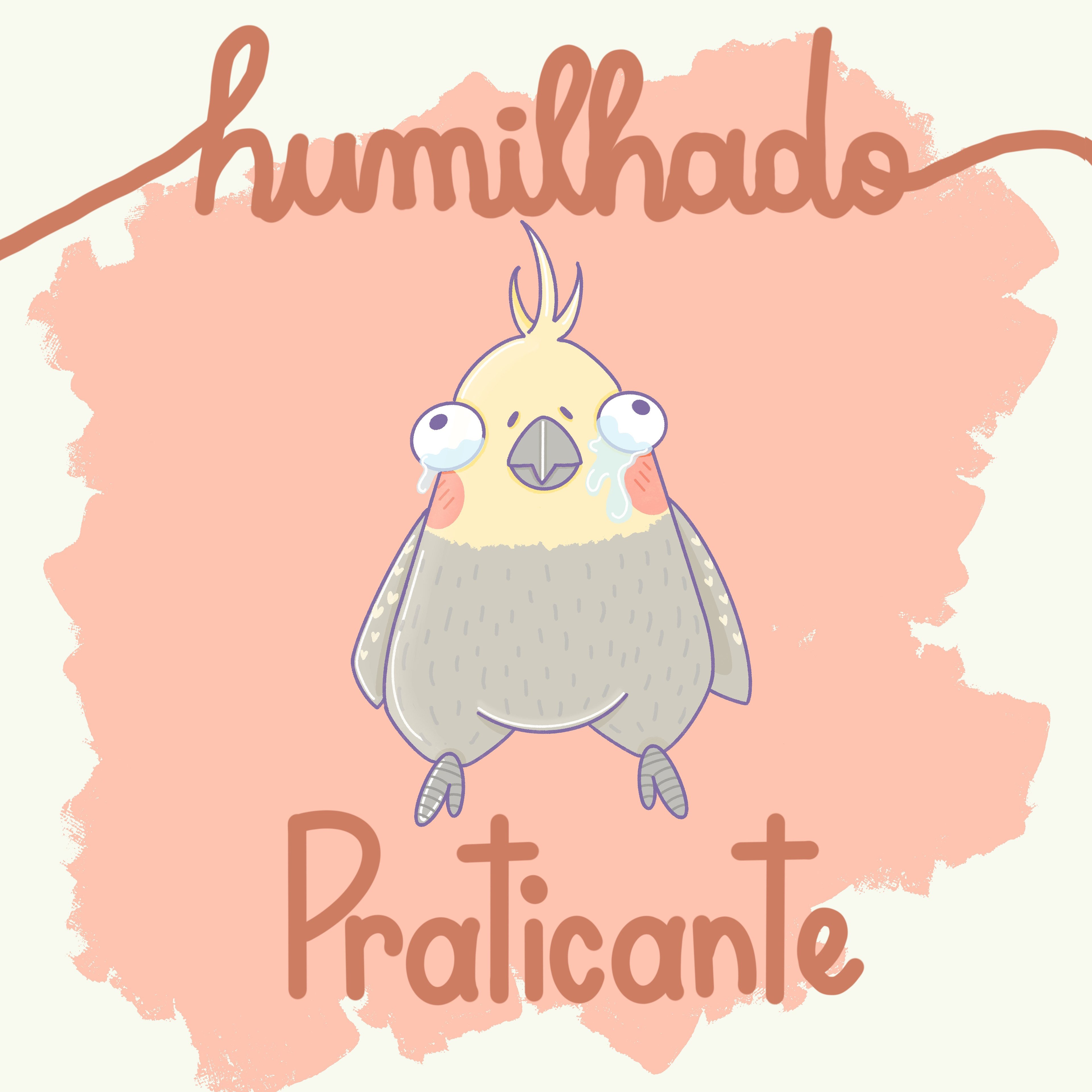
3. In Portuguese, the expression 'nada certo' creates an interesting pun with the image of a fish swimming. The humor lies in the word 'nada,' which not only refers to the act of swimming but also means 'nothing' in English. By associating the concept of 'nada certo' with a fish swimming, the pun plays on the dual interpretation of the word 'nada.' Thus, the wordplay suggests that even when the fish is swimming, things around are still not going as they should. This play on words creates a humorous connection between the literal and figurative meanings of the expression, making it visually intriguing.
4. Humiliated practitioner

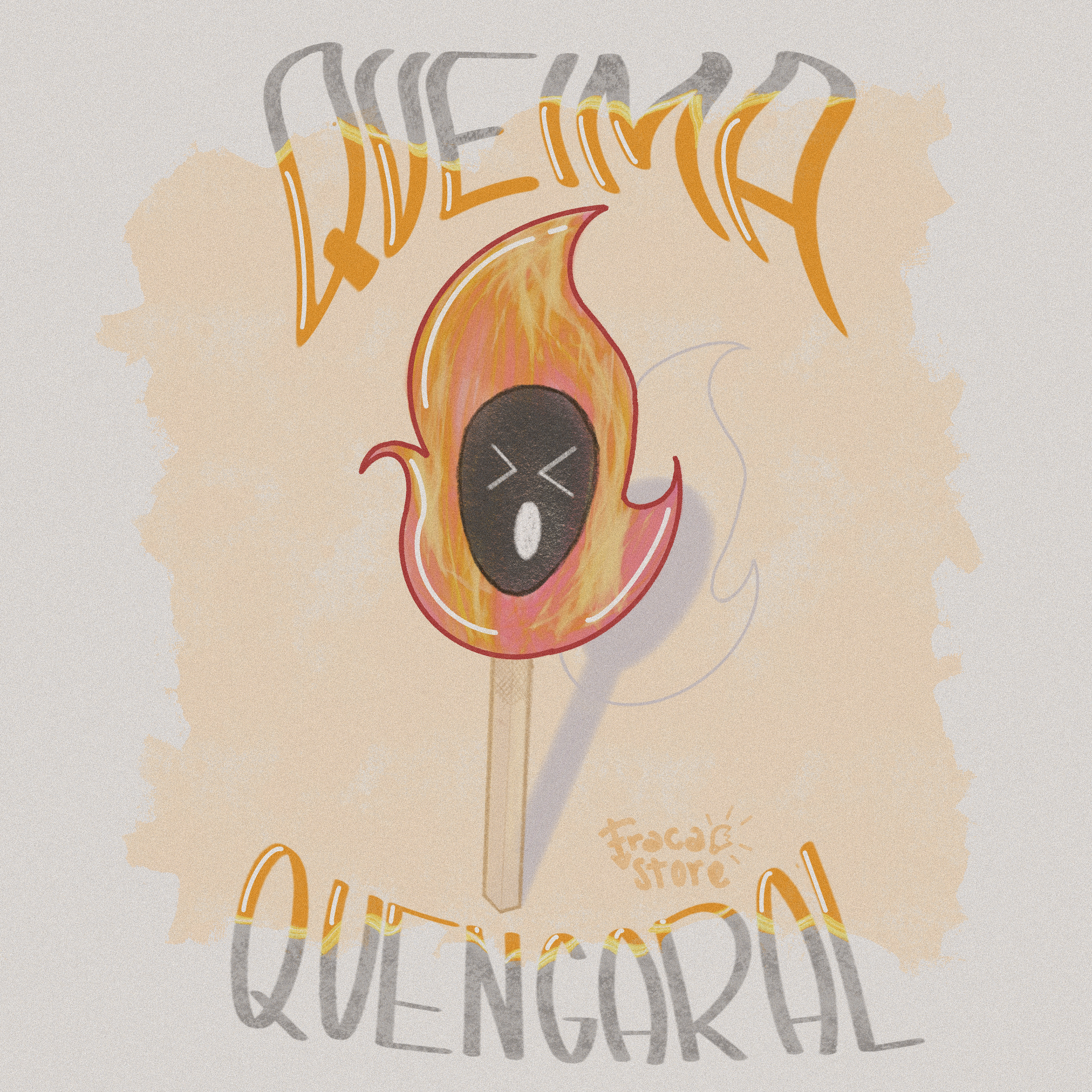
5. The humorous expression "Não sabendo que era impossível, foi lá e soube" is a phrase often used in Brazil to satirize or mock the culture of coaches and motivators who promote messages of overcoming challenges and achieving success, often in an exaggerated or simplistic manner. A rough translation into English could be: "Not knowing it was impossible, they went ahead and made it possible.
6. The phrase "queima quengaral" is a humorous representation that employs slang from the Northeast region of Brazil. This expression, "queima quengaral," could be roughly equivalent to saying "fight, fight". This expression, which could be loosely translated as "burn it up" or "fire it up.
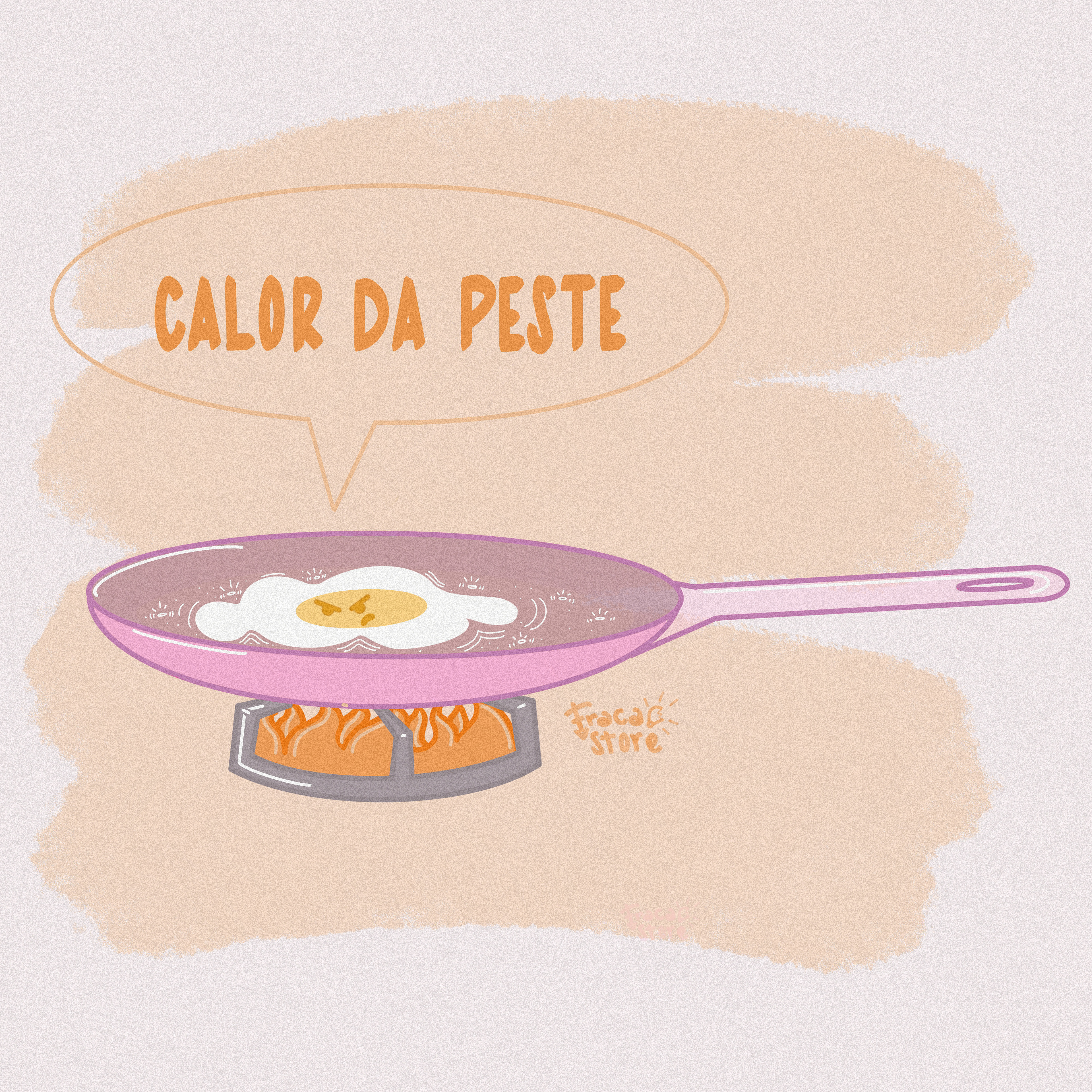
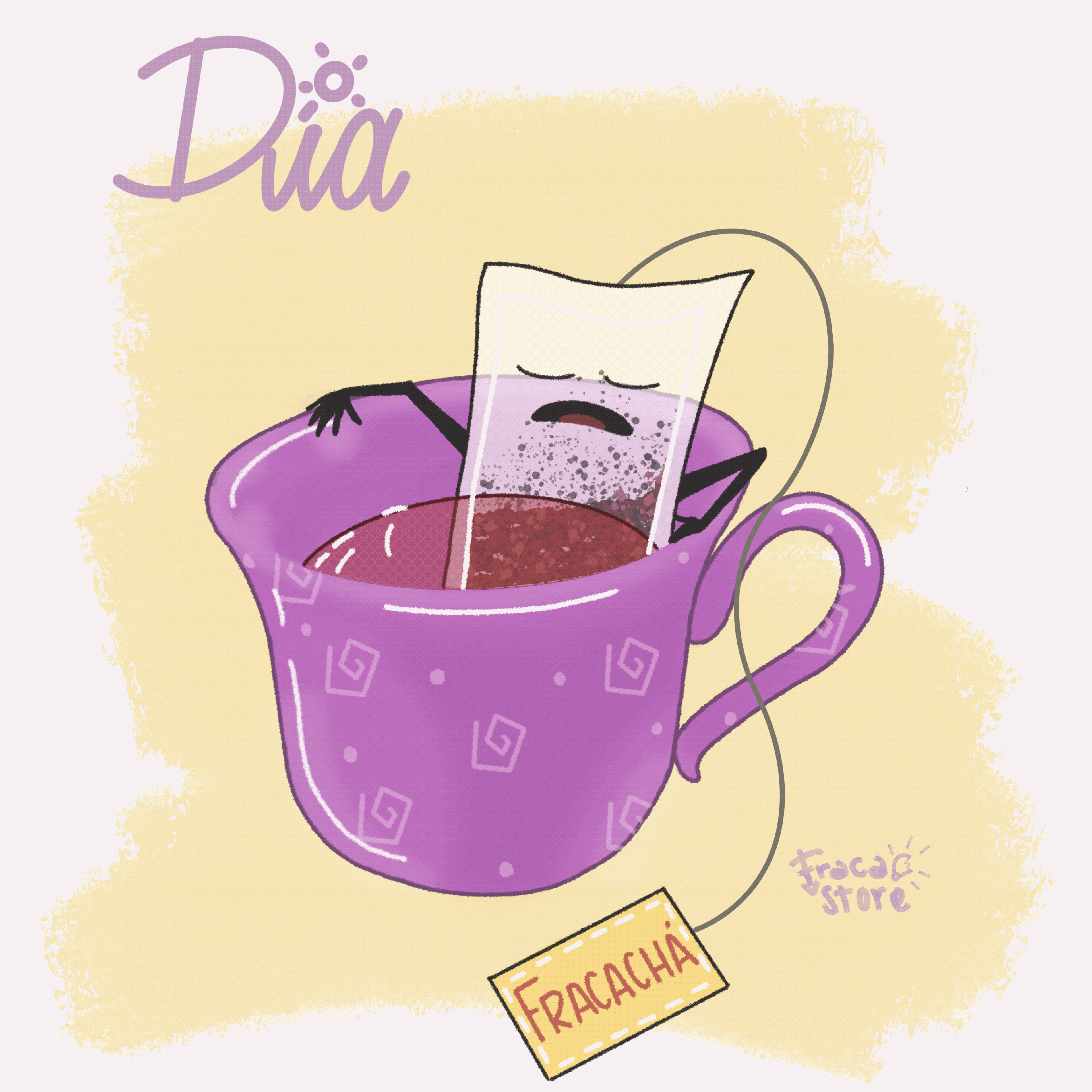
7. The expression "calor da peste" in Brazil is a colloquial way of describing intense and uncomfortable heat, especially in hot regions like the Northeast. It would be equivalent to saying "scorching heat" or "oppressive heat" in English, conveying the idea of extremely hot and stifling weather that can be discomforting and unpleasant. It is a term used to describe periods of intense heat, characterized by high temperatures and adverse weather conditions.
8. The humor in the expression "dia de relachá" lies in the playful substitution of the word "relaxar" (to relax) with "relachá," maintaining a similar sound to the original term. The joke emerges as this relaxed version of the word is associated with a tea bag, creating a visually amusing image of a tea bag relaxing in the cup. The connection between the sound "relachá" and the tea bag relaxing reinforces the playful and lighthearted tone of the pun, resulting in an expression that conveys lightness and amusement. Additionally, it's worth noting that "chá" in Portuguese translates to "tea" in English, adding an extra layer to the pun.


8. "Ai que delícia o verão" can be translated into English as "Oh, how delightful the summer." The phrase refers to a Brazilian song by the singer Marina Sena.
9. The expression "Deixa o verão pra mais tarde" can be translated into English as "Leave the summer for later" or "Save the summer for later." The phrase refers to a song by the Brazilian band Los Hermanos.


10. "Sextou" is a colloquial Brazilian expression that combines the word "sexta-feira" (Friday) with the ending of "chegou" (arrived). This expression is often used to celebrate the arrival of Friday and the beginning of the weekend. It's a laid-back and lively way to express joy for the end of the workweek and the anticipation of the free time that the weekend brings. People typically use the word "sextou" in messages, social media posts, or casual conversations to celebrate the positive and relaxed atmosphere that Friday brings.
11. I Want to Break Free

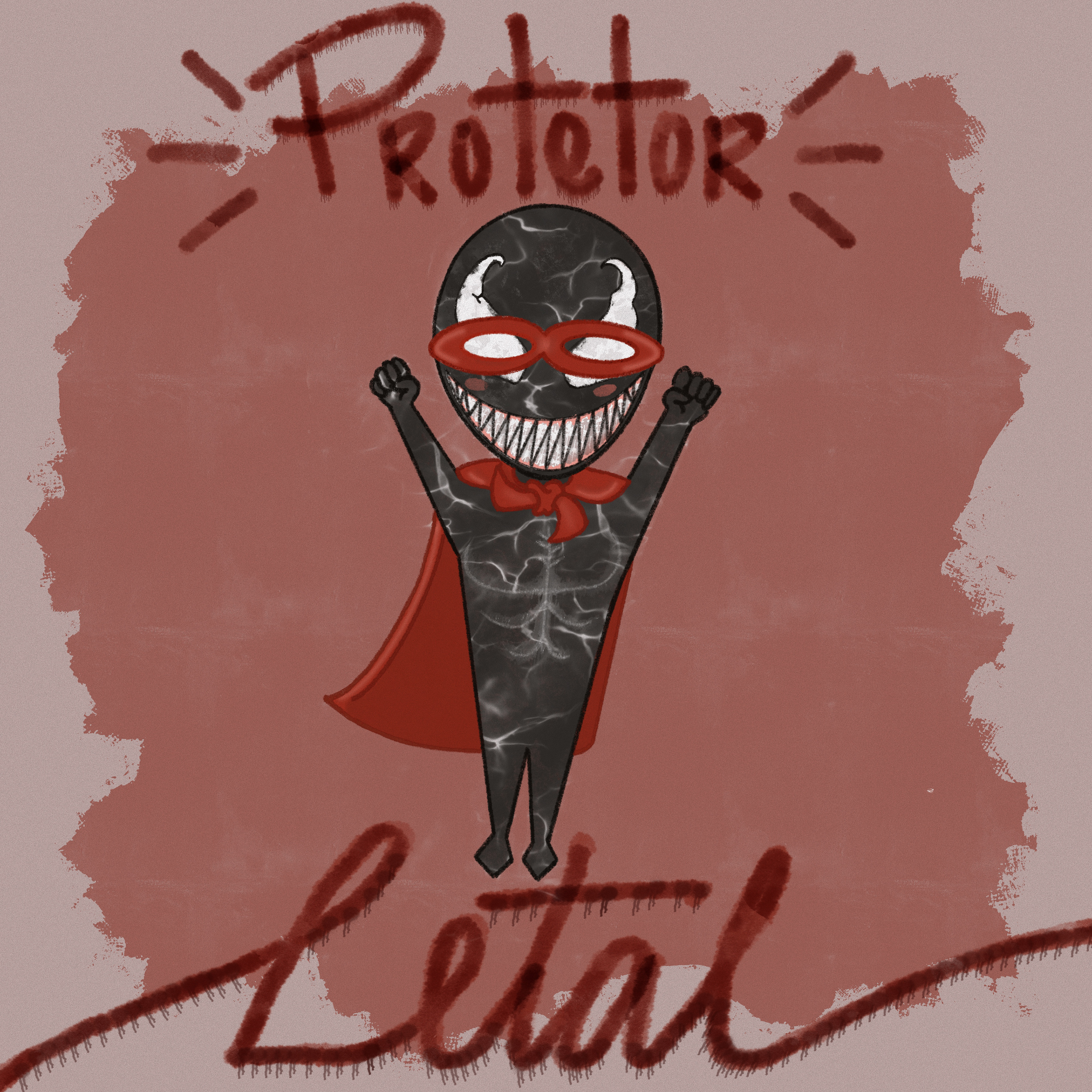
12. "These are hard times for dreamers" is the English translation of the famous quote "São tempos difíceis para sonhadores" from the movie "Amélie"
13. Venom: Lethal Protector
14. The inversion of the phrase "O que não te mata te fortalece" to "O que te mata não te fortalece" changes the meaning significantly. The original expression suggests that overcoming challenges and adversities can strengthen a person. However, the inverted version introduces an ironic twist by suggesting that what actually harms and kills you does not strengthen you. This inversion is often used to convey a more negative or critical perspective on difficult experiences, emphasizing the idea that not every adversity leads to growth or strengthening.
In English, the inverted expression would be: "What kills you doesn't make you stronger."
MOCKUPS







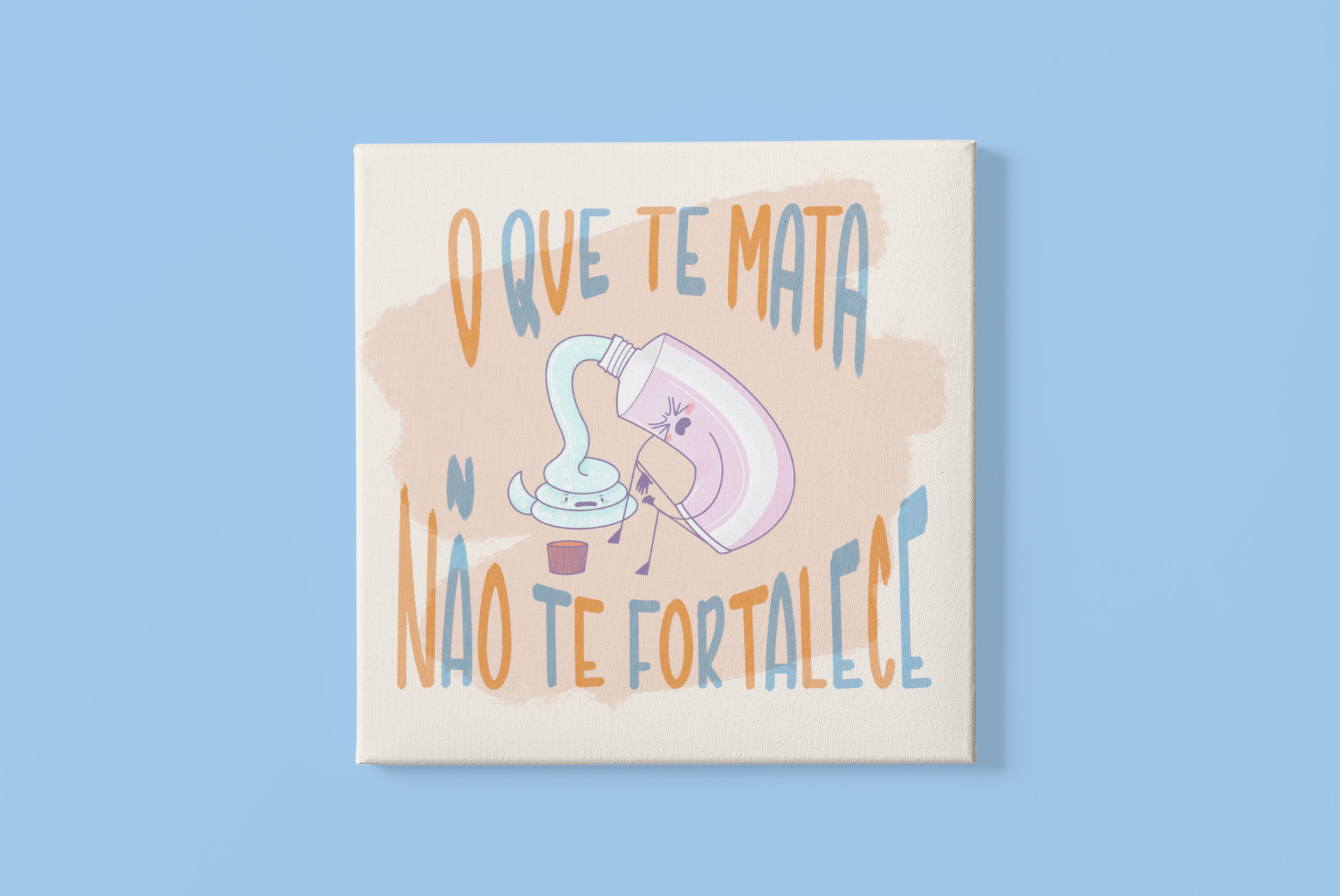
THANKS FOR WATCHING!
